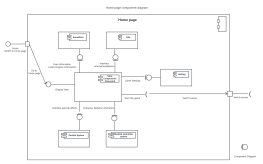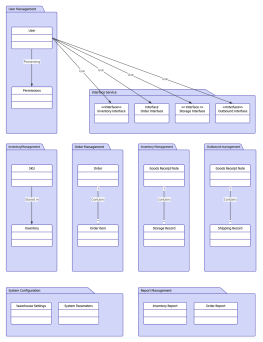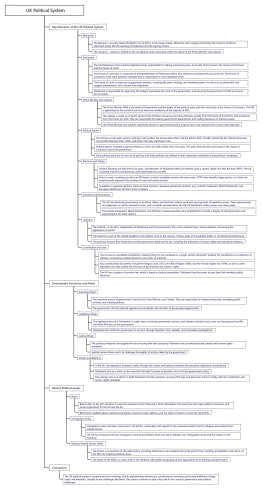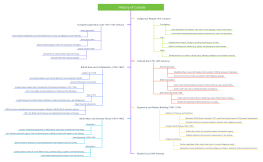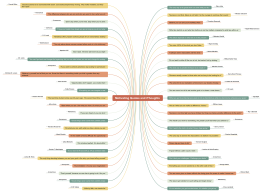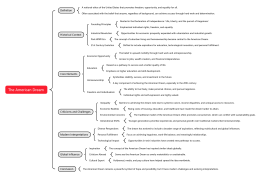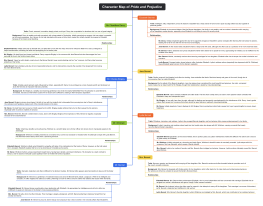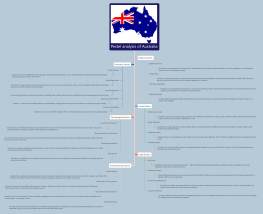Capital Punishment in Australia - mind map
2024-12-06 19:16:49 214 0 Report 0
0
Login to view full content
This mind map explores the history of capital punishment in Australia, tracing its evolution from the early colonial era to its eventual abolition. Initially introduced by British settlers as a deterrent for crimes like theft and rebellion, capital punishment was a prominent feature of the legal system. Over time, public sentiment shifted towards reform and humanitarianism, leading to a gradual decline in executions. By the 1970s, all Australian states had abolished the death penalty, aligning with international human rights frameworks. Today, Australia remains a strong advocate for global abolition, reflecting its commitment to humane and progressive legal practices.
Other creations by the author
Outline/Content
Modern Legal Framework
No Death Penalty in Australia
The death penalty is explicitly prohibited by law in all Australian jurisdictions
No executions have been carried out since 1967
The practice is a part of Australia’s historical past, with no intentions to reinstate it
Legal and Human Rights Frameworks
Australia is a signatory to the *International Covenant on Civil and Political Rights*
Human rights laws in Australia protect individuals from the death penalty
The Australian legal system emphasizes rehabilitation, not retribution
Alternatives to the Death Penalty
Australia focuses on life sentences, parole systems, and rehabilitation
Life imprisonment is now the maximum punishment for serious offenses
The country has developed a justice system focused on rehabilitation rather than punishment
Public Opinion and Debate
Public Sentiment on Capital Punishment
While public opinion occasionally debates the need for the death penalty in extreme cases, it largely supports abolition
The Australian public generally favors life imprisonment over capital punishment
Polling consistently shows support for human rights, aligning with Australia's stance on abolition
Ongoing Debate
Despite abolition, isolated groups occasionally campaign for its reintroduction
The debate resurfaces when high-profile cases involve violent crimes, but the public remains against executions
Australia’s government consistently opposes the death penalty, emphasizing its humane and progressive legal system
Role of the Media
Media coverage of capital punishment has played a significant role in shaping public opinion
Media campaigns, especially those around the time of Ronald Ryan’s execution, were pivotal in pushing for abolition
Australia’s Role in Global Advocacy
Advocacy for Abolition Globally
Australia works closely with organizations like Amnesty International to advocate for the abolition of the death penalty
The country encourages nations that still practice capital punishment to move towards abolition
Australia's diplomatic efforts have contributed to a broader global shift away from the death penalty
Australia’s Global Influence
Australia has been an influential voice in international human rights discussions, pushing for the abolition of capital punishment
The country’s stance helps shape the narrative on the death penalty in international forums
Conclusion
Enduring Legacy of Abolition
The abolition of capital punishment in Australia remains a key moment in the country's human rights history
Australia's position on capital punishment serves as a model for other nations considering abolition
Early Colonial Era and Introduction of Capital Punishment
Establishment of Penal Colony (1788)
First British settlement in Australia, establishing legal systems based on British law
Capital punishment introduced as a deterrent and means of control
Early executions for petty crimes like theft and rebellion
British legal practices enforced, with the death penalty for a range of crimes
First Executions
Thomas Barrett, the first man hanged in Australia, executed for theft
The execution was carried out in the presence of other convicts to deter rebellion
Executions were public and served as a spectacle for the colony
Crimes Punishable by Death
Theft, robbery, desertion, mutiny, and other offenses deemed severe
The death penalty used as a tool for controlling convicts and maintaining order
Laws set by the British government dictated the death penalty for certain offenses
Execution Methods
Hangings became the standard method of execution in early Australia
The process was carried out in public settings, often in front of large crowds
Executions were sometimes botched, causing public unrest
Gradual Decline and Abolition Movement (1800s-1900s)
Shift in Public Sentiment (1850s-1900s)
The increasing focus on reforming criminals rather than executing them
The rise of humanitarian and progressive social movements challenging the death penalty
Public concern about miscarriages of justice in capital cases
The beginning of a shift towards life imprisonment as a viable alternative
New South Wales Abolishes the Death Penalty (1850)
New South Wales led the movement to reduce executions significantly
The colony started to view life imprisonment as an effective punishment
Public opposition to executions grew in Sydney, prompting change
Tasmania and Other States Followed
Tasmania abolished the death penalty for all crimes except murder in 1876
Other states, like Victoria, gradually followed suit in the late 1800s
The end of the death penalty was largely driven by changing public views on justice
Reduction of Executions
The number of executions dropped throughout the late 1800s as reform movements gained traction
Executions were increasingly reserved for serious offenses like murder
Abolition of Capital Punishment (1900-1970s)
Federal Legislation (1914)
The *Crimes Act 1914* removed the death penalty for federal crimes
Although abolished federally, some states still retained capital punishment
The federal government set the stage for broader reform by eliminating death sentences for federal offenses
The Last Executions (1950s-1960s)
Executions were carried out into the 1960s, although less frequently than in earlier decades
The final executions were controversial and sparked national debates
The final executions in Australia occurred in Victoria in 1967, involving Ronald Ryan
The Case of Ronald Ryan (1967)
Ronald Ryan's execution for murder became a pivotal moment in Australia's death penalty history
Ryan’s trial and the subsequent execution raised questions about the fairness of the justice system
Public protests and campaigns against his execution started growing
The debate over Ryan's execution became a catalyst for the abolition movement
The Role of Advocacy Groups
The abolition movement gained traction in Australia, led by legal and human rights groups
Protests and petitions became widespread, calling for the end of capital punishment
Public figures, including religious leaders and politicians, became involved in the campaign
Complete Abolition and Legal Reforms (1970s-Present)
Abolition in All States (1973)
By 1973, all states had abolished the death penalty for all crimes
Queensland was the last state to fully abolish capital punishment
Australia's legal system shifted to focus on rehabilitative measures
Australia’s Global Role in Abolition
Australia ratified the *International Covenant on Civil and Political Rights (ICCPR)* in 1975
The country took a strong stance against capital punishment internationally
Australia actively participated in international efforts to abolish the death penalty worldwide
International Advocacy
Australia’s consistent support for global campaigns against the death penalty
The country endorsed and pushed for the United Nations General Assembly resolutions advocating for the abolition of capital punishment
Australia became an advocate for human rights on the global stage
Domestic Legislation and Human Rights Commitments
Australia's legal reforms were influenced by international human rights frameworks
The country’s Constitution and legal systems reflect a commitment to life and dignity
Australia’s position on capital punishment aligns with global human rights treaties

Collect
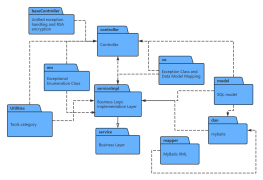
Collect
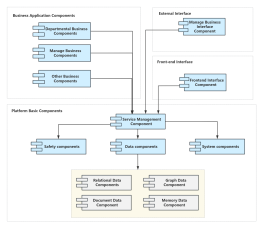
Collect
0 Comments
Next page
Recommended for you
More

